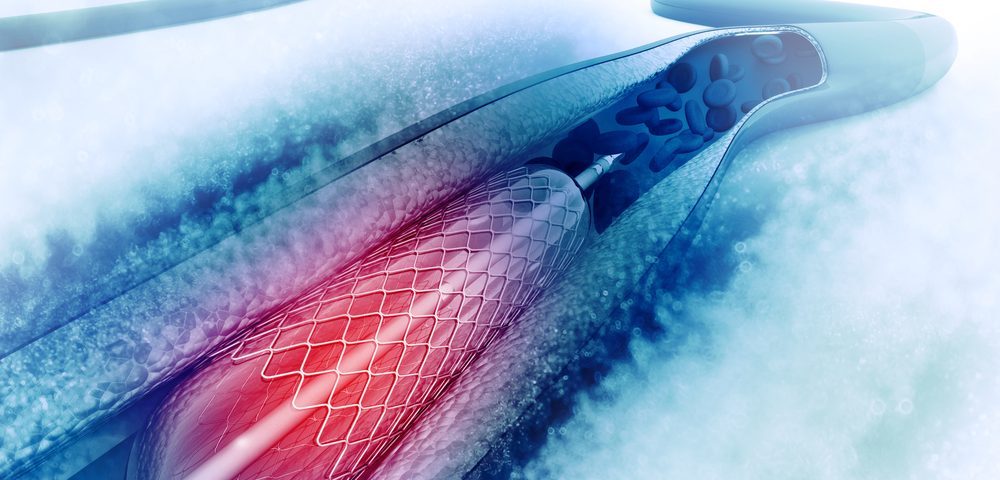Acute kidney injury following angioplasty, a procedure used to treat coronary artery disease, is associated with the development and progression of chronic kidney disease (CKD), according to new research.
The study, “Chronic Kidney Disease Progression and Cardiovascular Outcomes Following Cardiac Catheterization—A Population‐Controlled Study,” was published in the Journal of American Heart Association. Its authors indicate a need to review the risks associated with angioplasty, and suggest more research into the factors that contribute to kidney injury in people undergoing this cardiac intervention.
Scientists, led by Dr. Mark Sarnak of the Tufts Medical Center in Boston, identified 24,405 patients undergoing angioplasty between 2005 and 2010 using the Veterans Affairs Clinical Assessment, Reporting, and Tracking registry. They then assessed the rate of acute kidney injury and CKD development and progression in these patients, relative to matched population controls. This approach was important, they noted, because previous “[s]tudies of kidney disease associated with cardiac catheterization typically rely on billing records rather than laboratory data,” they wrote.
Results showed that angioplasty increased the risk of CKD in both the presence and absence of acute kidney injury. Among patients with low kidney function, acute kidney injury also increased by eight fold the risk of disease progression. Similar results were observed for the risk of dialysis initiation, heart attacks, and mortality.
“Our results suggest that CCA‐AKI [cardiac catheterization–associated acute kidney injury] developing after PCI [angioplasty] is associated with significantly increased risk of CKD progression, [heart attacks], and all‐cause death when compared with uncomplicated [angioplasy] and matched population controls. However, it is likely that this increased risk of [heart attack] is related to underlying differences in risk” between the angioplasty and control group, the researchers wrote. “Consistent with previous reports, these risks were most marked in the subset of patients developing clinically evident CCA‐AKI.”
They concluded: “We recommend further investigations to identify both system improvements and novel therapeutic targets to prevent [cardiac catheterization–associated acute kidney injury], and to reduce CKD progression and associated morbidity and mortality following [angioplasty].”
The National Quality Forum, a nonprofit organization that works to enhance healthcare value, make patient care safer, and achieve better outcomes, has made cardiac catheterization–associated acute kidney injury prevention a major patient safety objective. But scientists’ understanding of the long‐term consequences of angioplasty, and the possible association between acute kidney injury and cardiac catheterization, has been incomplete.

